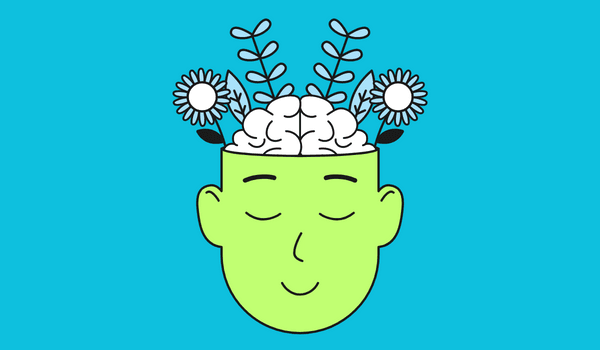
Practical Ways to Support Your Mental Health Daily
Mental health is just as important as physical health, yet it often receives less attention in daily life. Taking small, consistent steps can make a meaningful difference over time. You do not need dramatic lifestyle changes to support your mental well-being. Simple, thoughtful habits can build a stronger emotional foundation and help you navigate challenges more effectively.
One of the most powerful steps is creating structure in your day. Having a consistent routine gives your mind a sense of stability, which can reduce stress and uncertainty. This doesn’t mean scheduling every minute, but setting regular times for sleep, meals, work, and rest creates a natural rhythm that supports mental clarity.
Building Healthy Daily Habits
Physical activity is another essential element. Regular movement, whether through exercise, walking, or any form of physical activity you enjoy, boosts mood by increasing endorphins and reducing tension. Even a short daily walk outdoors can help clear your mind and lower anxiety.
Sleep plays a crucial role as well. Poor sleep affects mood, concentration, and emotional regulation. Setting a consistent bedtime, reducing screen time before sleeping, and keeping your sleeping environment calm can improve sleep quality over time. Quality rest allows your mind to recover and stay resilient.
Connection with others is equally important. Maintaining healthy relationships provides emotional support and helps prevent feelings of isolation. Reaching out to friends or family, even with a brief conversation, can have a positive impact on mental well-being. Meaningful connections remind you that you are not alone in facing difficulties.

Mindfulness, Boundaries, and Seeking Support
Another valuable habit is practicing mindfulness or relaxation techniques. Taking a few minutes each day to focus on breathing, reflect without judgment, or simply slow down can help regulate emotions and reduce overwhelming feelings. Mindfulness is not about eliminating thoughts but about observing them with calm awareness.
Limiting exposure to negative inputs can also make a difference. This might mean reducing time spent on social media, avoiding constant news cycles, or setting boundaries with people who drain your energy. Protecting your mental space allows more room for positive and constructive influences.
Finally, it is important to seek support when needed. Talking to a trusted person, counselor, or mental health professional is a sign of strength, not weakness. No one is expected to handle everything alone. Professional guidance can provide tools and perspectives that make coping easier and more effective.
Supporting your mental health is not about perfection or strict rules. It is about creating a balanced environment that allows your mind to function well and recover from stress. By taking small, practical steps each day—like maintaining structure, prioritizing rest, moving your body, staying connected, practicing mindfulness, and setting boundaries—you build resilience and emotional strength over time. These steady actions form the foundation for a healthier, more balanced mental state.
 Personal Development
Personal Development Tips for Building a Strong Foundation for Personal Growth
Posted on 2025-09-02
Personal development is about consciously improving different aspects of your life through consisten...
 Tech & Innovation
Tech & Innovation On-device AI is getting useful—and it changes speed, cost, and privacy
Posted on 2025-10-03
Phones and laptops can now run compact AI models locally. That shift reduces latency and sometimes c...